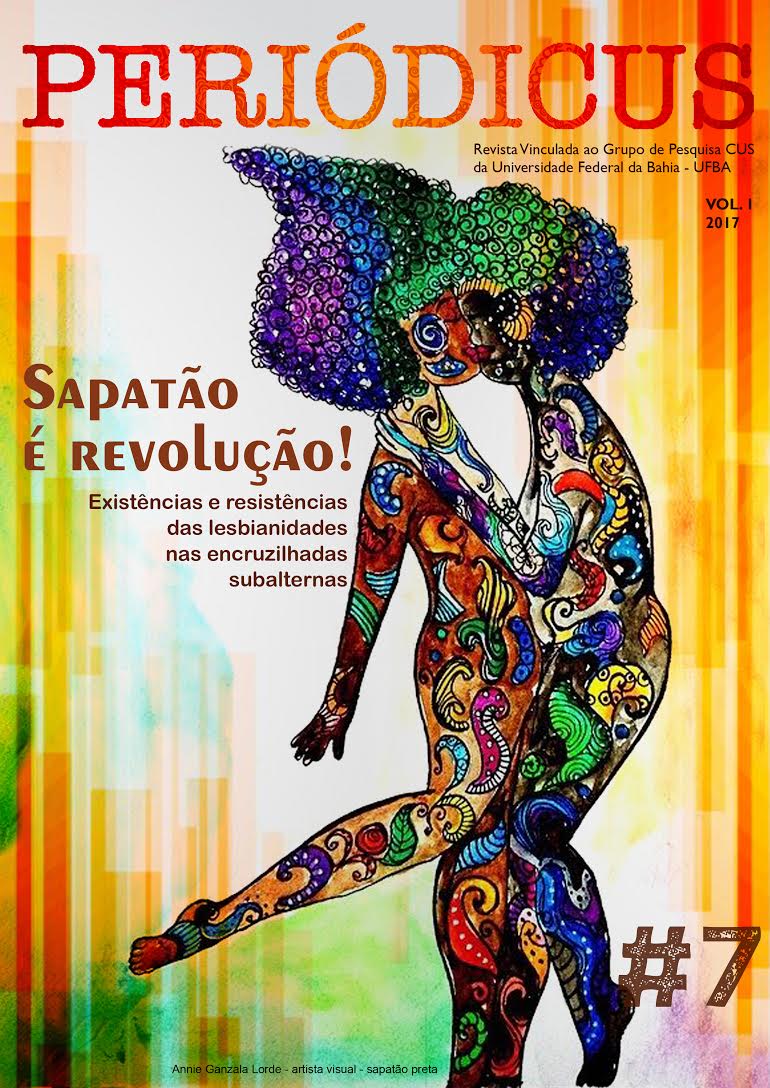“Mal Amadas”, “Porcas”, “Feminazis”, “Sujas”, “Xanatunzel”, “Nojentas” e “Xontuzeis” – Análise dos Discursos de Ódio sobre a performance Pelos Pêlos e seus desdobramentos
DOI:
https://doi.org/10.9771/peri.v1i7.21665Abstract
O presente artigo é uma análise quanti qualitativa dos discursos de ódio sobre a performance Pelos Pêlos (2013), realizada pela coletiva Tete a Teta. A ação consiste em duas mulheres unidas pelos pêlos pubianos e que andam pelo centro da cidade, num horário de grande movimentação. Os registros dessa performance se tornaram memes de um perfil antifeminista no Facebook, que tem como propósito satirizar esse movimento social. A partir da repercussão desse material foram contabilizados 394 comentários de ódio que servem como base para produção do presente artigo. Enquanto os discursos de ódio que aqui mostramos, servem para desqualificar as mulheres. Desejamos voltar antes, ir contracorrente, fazer o trajeto contrário: analisar essas falas para qualificar ainda mais o discurso e debate feminista. E é sobre isso que desejamos nos esparramar, invocar, debruçar, remexer e cutucar.
Downloads
Downloads
Published
How to Cite
Issue
Section
License
Copyright (c) 2017 Revista Periódicus

This work is licensed under a Creative Commons Attribution-NonCommercial 4.0 International License.
Authors who publish in this journal agree to the following terms:
Authors retain copyright and grant the journal the right of first publication, with the work simultaneously licensed under a Creative Commons Attribution Noncommercial License that allows the work to be shared with acknowledgment of authorship and initial publication in this journal, but prohibits commercial use.
Authors are authorized to enter into separate additional contracts for non-exclusive distribution of the version of the work published in this journal (e.g., publishing in an institutional repository or as a book chapter), with acknowledgment of authorship and initial publication in this journal.
Authors are permitted and encouraged to publish and distribute their work online (e.g., in institutional repositories or on their personal website) at any point before or during the editorial process, as this can generate productive changes and increase the impact and citation of the published work (see The Effect of Open Access).








